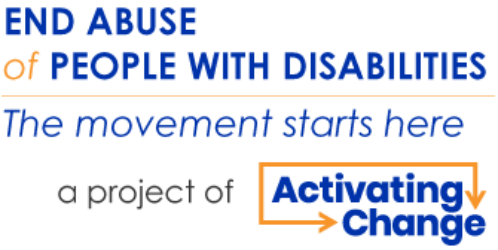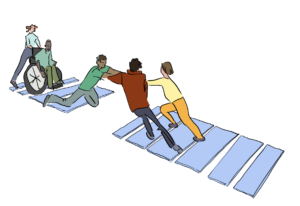Words Matter: Exploring Identity and Language for Survivors with Disabilities
In the disability community, where there is a history of erasure, exploitation, and misunderstanding, language choices we make when talking about people with disabilities (also referred to as disabled people) are ever-changing and important. How people understand themselves adapts and shifts as our communities, movements, and cultures change, as does our language about identity.
Recognizing and honoring people’s choices about their identity is critical to supporting survivors with disabilities. Service providers need to understand, respect, and uplift community members’ decisions about their identity, including the language that they use.
Join us for a dynamic discussion with Max Barrows and Cierra Olivia Thomas-Williams, moderated by Olga Trujillo, as we delve into their perspectives on identity and language, the various perspectives of disability communities, and the importance of empowering those most impacted to make decisions about their own identities and the language we use.

